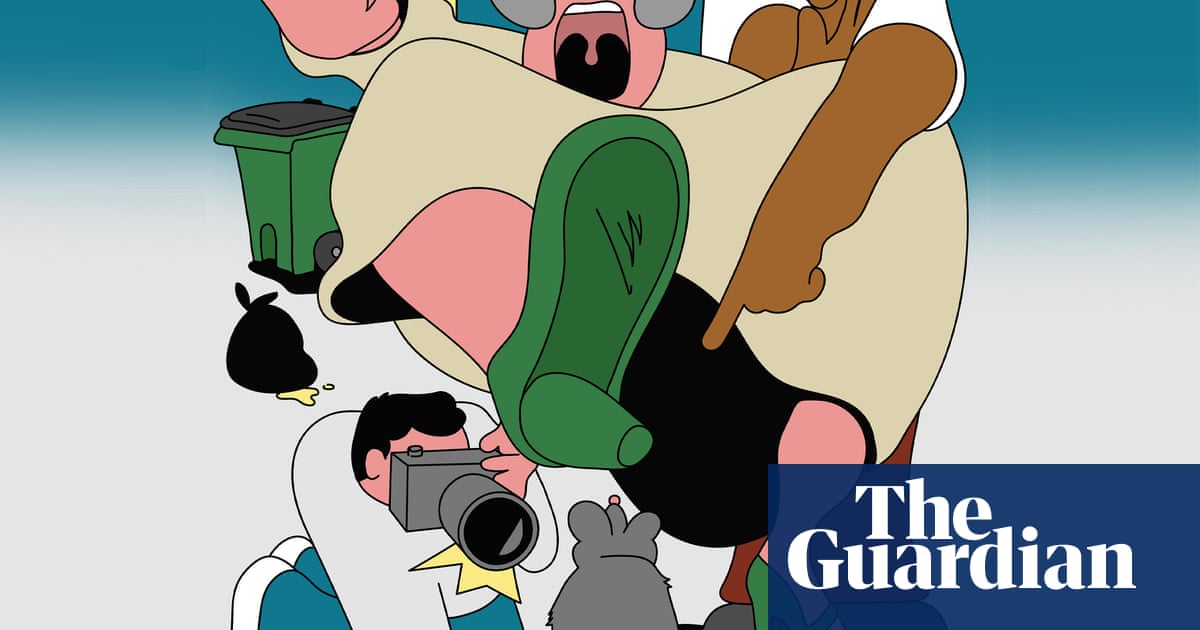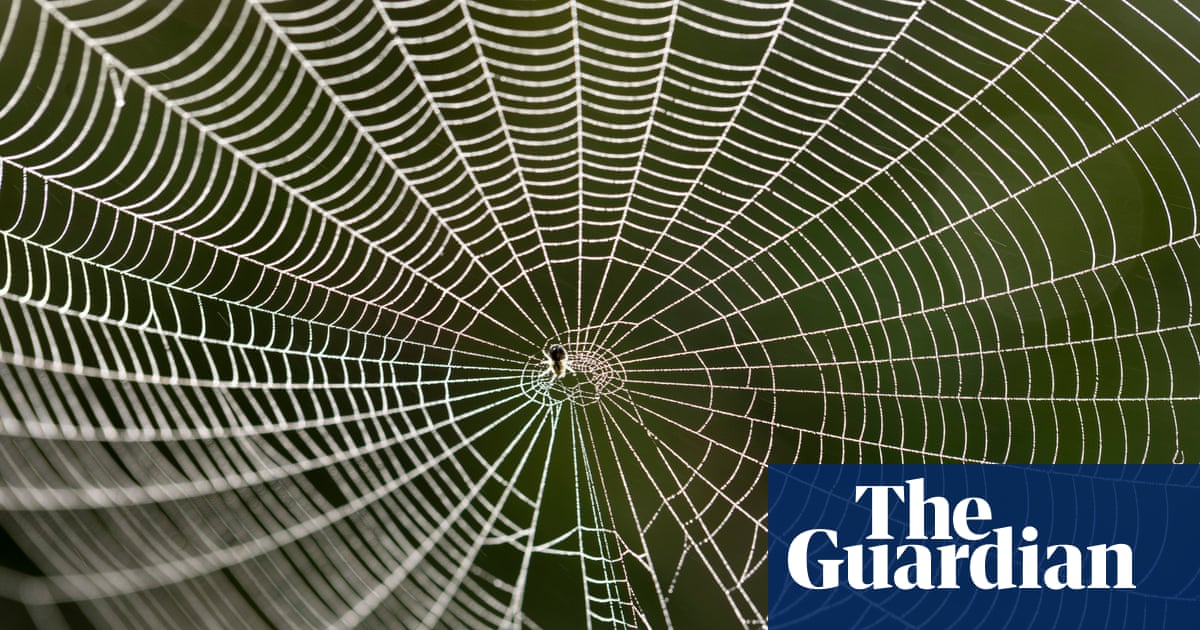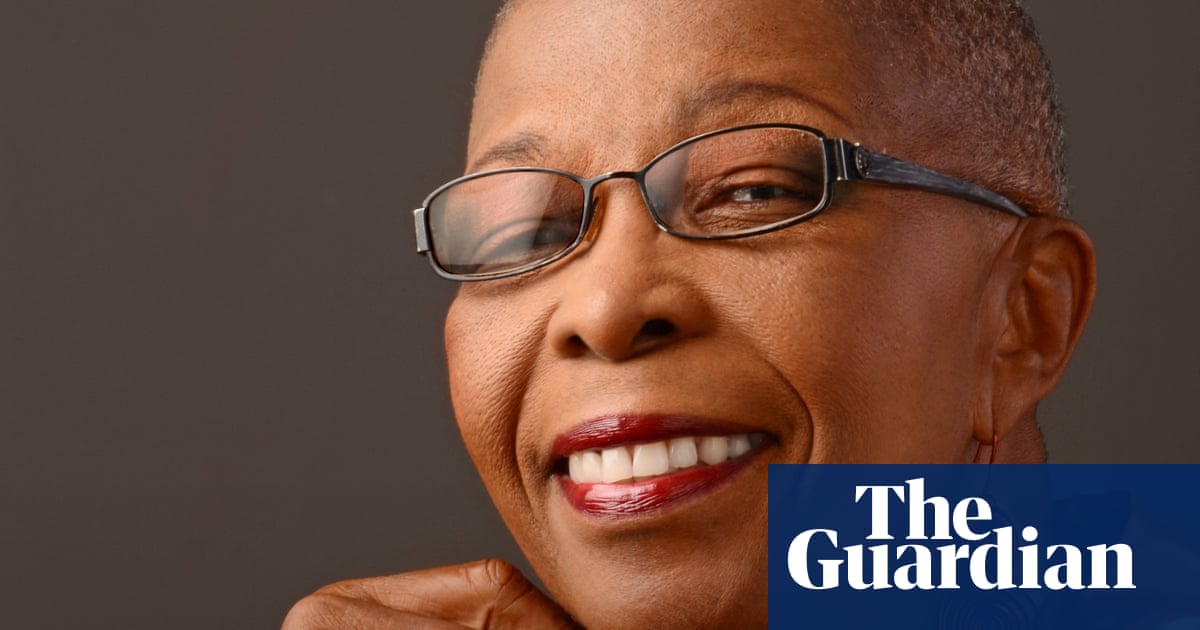It has a plot and a cast that seem cooked up during a hallucinatory fever dream. It shouldn’t work, but it does – and so splendidly, too. In Paul Feig’s comedy Spy, Melissa McCarthy plays Susan Cooper, a timid CIA desk agent who gets sent out into the field by her fearsome boss (Alison Janney) after the death of her slick Bond-like colleague, Bradley Fine (Jude Law, in a rare comedic turn). The cast is full of delightful surprises. Rose Bryne is a stiletto-clad Oxford-educated villainess with quips so brutal that she makes Regina George look like Barney. Peter Serafinowicz does a game turn as an – admittedly very pre-#MeToo – cringey Italian pervert figure named Aldo (“like the shoe store found in American malls”).
And in the film’s most magnificent twist, Jason Statham parodies the hard-as-nails action leads he’s played over the years as a hard-edged buffoon with “a habit of doing things that people say I can’t do: walk through fire, water-ski blindfolded, take up piano at a late age”. That’s not even to mention whatever it is that’s going on between English comedian Miranda Hart, who stars as Susan’s best friend and co-conspirator, and American rapper 50 Cent, who plays himself.
I was first introduced to McCarthy’s charms in another Feig feature, the 2011 comedy Bridesmaids, then hailed as a vital intervention in the major debate, considered legitimate and interesting at the time, about whether women were funny. Bridesmaids proved the affirmative. There were gross-out gags: who could forget Maya Rudolph’s diarrhea-ridden bride-to-be, festooned in her custom designer dress, running through a busy street before giving up to let loose among the cars, the sacred commingling with the literally shitty profane. Then there were the nuances of girl-world jockeying: the self-cannibalising competition involved in organising a bachelorette party, or showing up to a fancy party in your best clothes, only to be asked by the insouciant rich girl whether you had just “come from work”.
Among this cast of funny women, McCarthy was a scene-stealer. As Megan, she first appeared as someone Hollywood would at best ignore or at worst despise: she was plus-sized, she was unglamorous, she dressed in clothes that – to borrow a joke from Spy – made her look like “someone’s homophobic aunt”. But McCarthy delivered a magnetic performance of a woman who was foul-mouthed, sexually confident and utterly self-possessed. Far from being a figure of pity, McCarthy made Megan a figure of admiration.
Those comic gifts are given more space to roam in Spy. McCarthy’s Susan Cooper is a meek middle-aged woman stuck in a fossilised routine, unappreciated at work and unseen in life. She watches her younger, thinner colleague get served faster at the bar, basking in the glow of the kind of male attention Susan’s never had in her life. Jude Law gives her a hideous necklace with a grinning cartoon cupcake, which says: I like you, but I do not respect you. It is Susan’s invisibility, and the fact that people will underestimate her at every turn, that grants her a chance to go on a mission. Just follow the target from a distance, her boss tells her. Inevitably, Susan breaks the rules.
My love for spy films began in the 2000s with cartoon Totally Spies, which follows a trio of high school girls in California who spend their time shopping, partying and undertaking high-flying missions for an international organisation. I was drawn to the boundlessness of their lives, their glamorous escapades, their incredible gadgets and total competence. That quickly led me to McG’s Charlie’s Angels films (great fun, dodgy accents) then later the classics: the Hitchcocks, the Bonds, the Le Carré adaptations.
The spy films I returned to most, though, were the comedies that embraced the high camp of the genre, understanding that these stories were as total a fantasy as those about being saved by a perfect prince. I was also drawn to the stories about women, because the appeal of the genre is, to me, indelibly tied to gender. In a world that reminds girls that danger may be lurking around every corner, and asks women to embrace a kind of harried, self-sacrificial domesticity, the female spies in these films were a perfect on-screen foil.
Spy – it’s in the name – is both a satire and homage. There’s a high-powered gadget lab with cars that look like smooth, expensive spaceships, and a sardonic gadget master to match. There’s a high-stakes poker game; a dangerous drop-off in a bumping club; a high-speed car chase through a European city. These tropes are both indulged and subverted to fun, frothy effect.
And Spy is radical in other respects: it remains the only major Hollywood spy film that features a middle-aged woman as the lead. I know because every so often, in search of a feelgood film, I rewatch what can be inelegantly described as “female-fronted spy comedies”: Charlie’s Angels 1 and 2, the recent reboot of Charlie’s Angels, as well as the fun Mila Kunis-Kate McKinnon buddy comedy The Spy Who Dumped Me. Projects like these are few and far between; I guess Hollywood does not think there’s enough of an audience for them. To that I say: join us. The delights are profound; the sense of freedom intoxicating; the costumes and the gadgets and the intrigue sexy and absurd and larger-than-life – and an exciting new adventure, that great siren song to the desk-bound, is always just around the corner.
-
Spy is available on Hulu in the US and Disney+ and Netflix in the UK and Australia

 4 hours ago
3
4 hours ago
3

















































